"The Curry Stone Design Prize was created to champion designers as a force for social change. Now in its fourth year, the Prize recognizes innovators who address critical issues involving clean air, food and water, shelter, health care, energy, education, social justice or peace". Yesterday was an exciting day for us as we announced FrontlineSMS had won the prestigious 2011 Curry Stone Design Prize. This award follows closely on the heels of the 2011 Pizzigati Prize, an honourable mention at the Buckminster Fuller Challenge and our National Geographic "Explorer" Award last summer. It goes without saying these are exciting times not just for FrontlineSMS but for our growing user base and the rapidly expanding team behind it. When I think back to the roots of our work in the spring of 2005, FrontlineSMS almost comes across as "the little piece of software that dared to dream big".
With the exception of the Pizzigati Prize - which specifically focuses on open source software for public good - our other recent awards are particularly revealing. Last summer we began something of a trend by being awarded things which weren't traditionally won by socially-focused mobile technology organisations.

Being named a 2010 National Geographic Emerging Explorer is a case in point, and last summer while I was in Washington DC collecting the prize I wrote down my thoughts in a blog post:
On reflection, it was a very bold move by the Selection Committee. Almost all of the other Emerging Explorers are either climbing, diving, scaling, digging or building, and what I do hardly fits into your typical adventurer job description. But in a way it does. As mobile technology continues its global advance, figuring out ways of applying the technology in socially and environmentally meaningful ways is a kind of 21st century exploring. The public reaction to the Award has been incredible, and once people see the connection they tend to think differently about tools like FrontlineSMS and their place in the world.
More recently we've begun receiving recognition from more traditional socially-responsible design organisations - Buckminster Fuller and Clifford Curry/Delight Stone. If you ask the man or woman on the street what "socially responsible design" meant to them, most would associate it with physical design - the building or construction of things, more-to-the-point. Water containers, purifiers, prefabricated buildings, emergency shelters, storage containers and so on. Design is so much easier to recognise, explain and appreciate if you can see it. Software is a different beast altogether, and that's what makes our Curry Stone Design Prize most interesting. As the prize website itself puts it:
Design has always been concerned with built environment and the place of people within it, but too often has limited its effective reach to narrow segments of society. The Curry Stone Design Prize is intended to support the expansion of the reach of designers to a wider segment of humanity around the globe, making talents of leading designers available to broader sections of society.
Over the past few years FrontlineSMS has become so much more than just a piece of software. Our core values are hard-coded into how the software works, how it's deployed, the things it can do, how users connect, and the way it allows all this to happen. We've worked hard to build a tool which anyone can take and, without us needing to get involved, applied to any problem anywhere. How this is done is entirely up to the user, and it's this flexibility that sits at the core of the platform. It's also arguably at the heart of it's success:

We trust our users - rely on them, in fact - to be imaginative and innovative with the platform. If they succeed, we succeed. If they fail, we fail. We're all very much in this together. We focus on the people and not the technology because it's people who own the problems, and by default they're often the ones best-placed to solve them. When you lead with people, technology is relegated to the position of being a tool. Our approach to empowering our users isn't rocket science. As I've written many times before, it's usually quite subtle, but it works:
My belief is that users don’t want access to tools – they want to be given the tools. There’s a subtle but significant difference. They want to have their own system, something which works with them to solve their problem. They want to see it, to have it there with them, not in some "cloud". This may sound petty – people wanting something of their own – but I believe that this is one way that works.
What recognition from the likes of the Curry Stone Design Prize tells us is that socially responsible design can be increasingly applied to the solutions, people and ecosystems built around lines of code - but only if those solutions are user-focused, sensitive to their needs, deploy appropriate technologies and allow communities to influence how these tools are applied to the problems they own.
Further reading FrontlineSMS is featured in the upcoming book "Design Like You Give a Damn 2: Building Change From The Ground Up", available now on pre-order from Amazon.


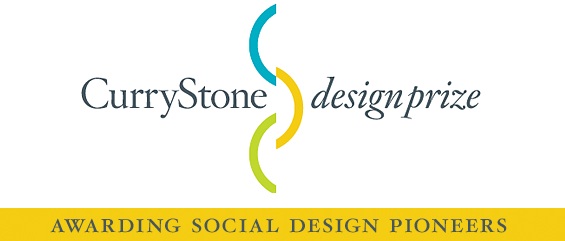
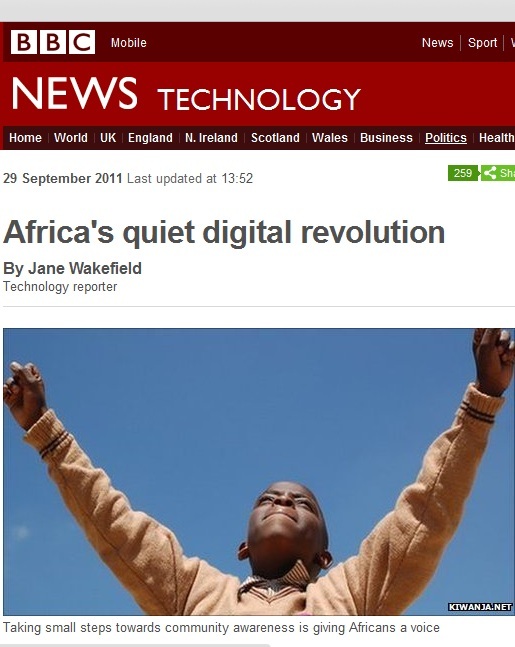



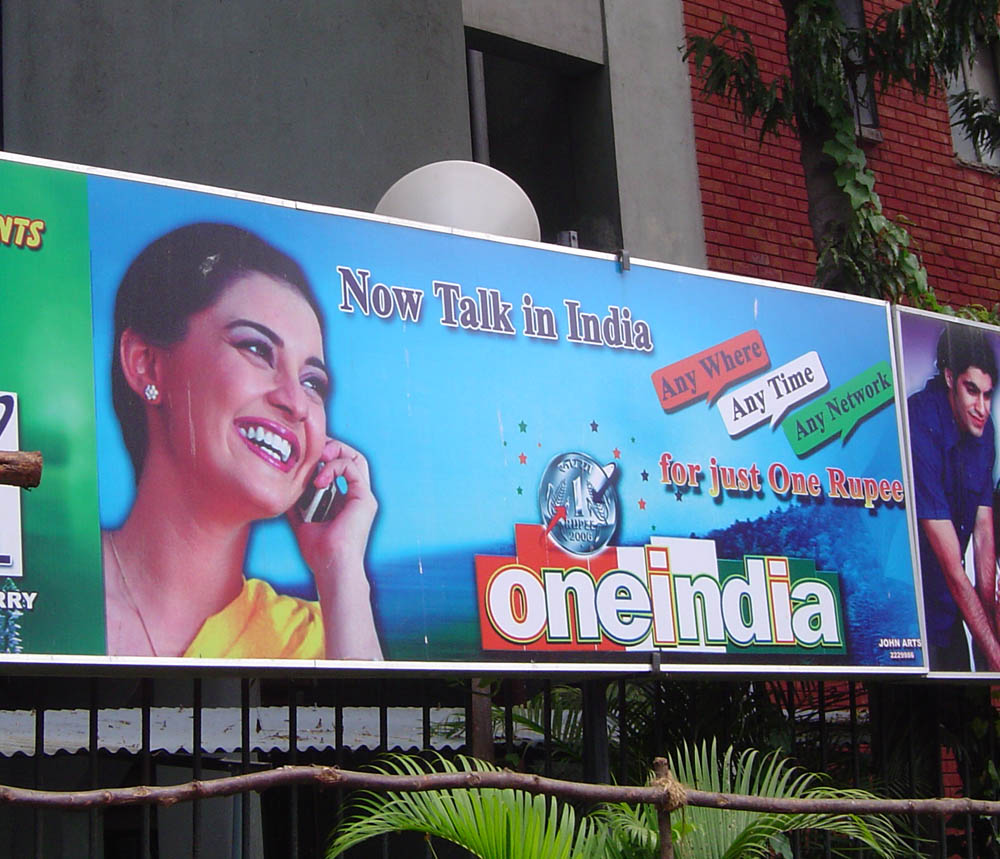


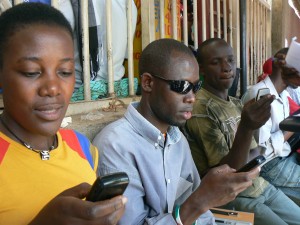

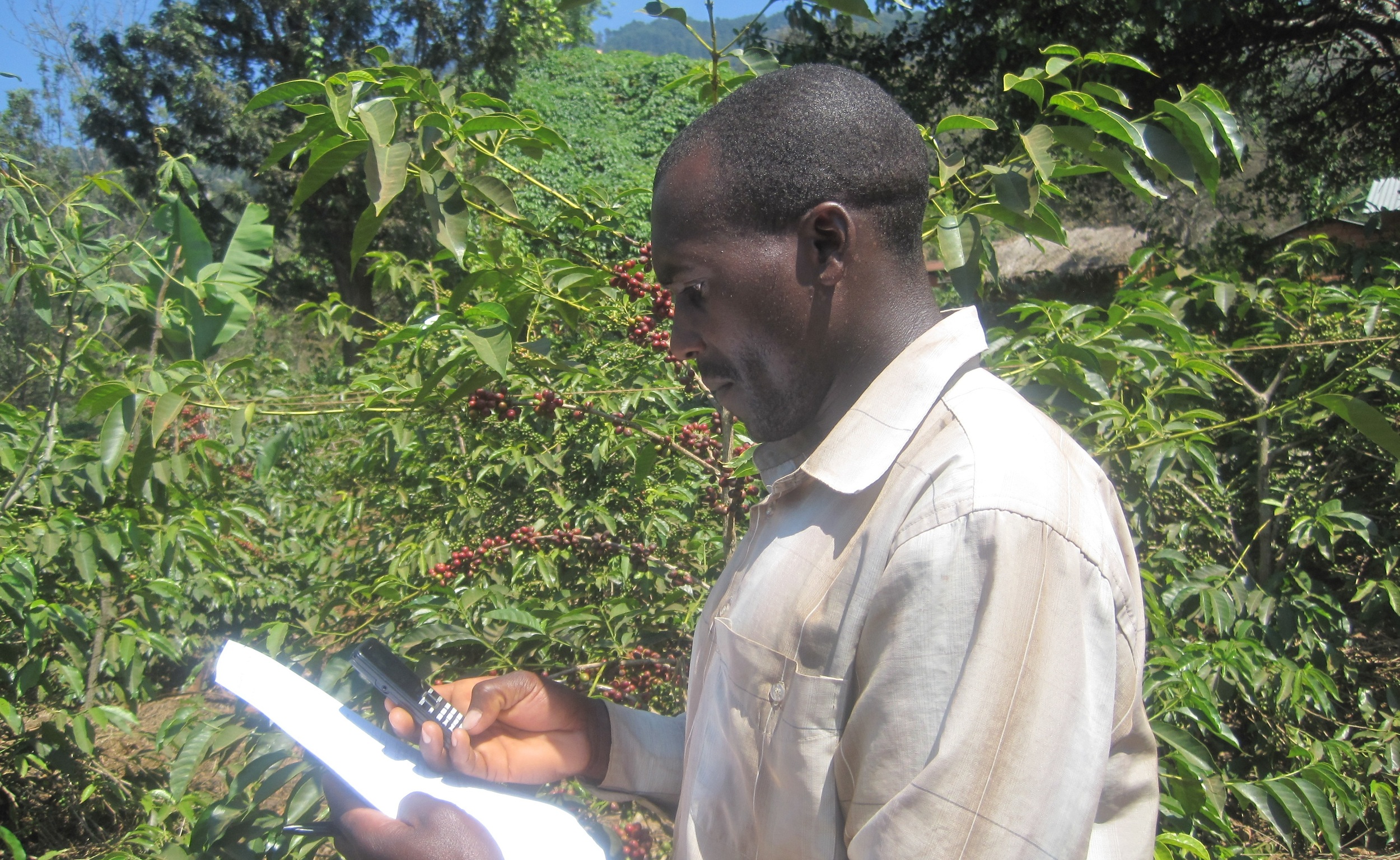




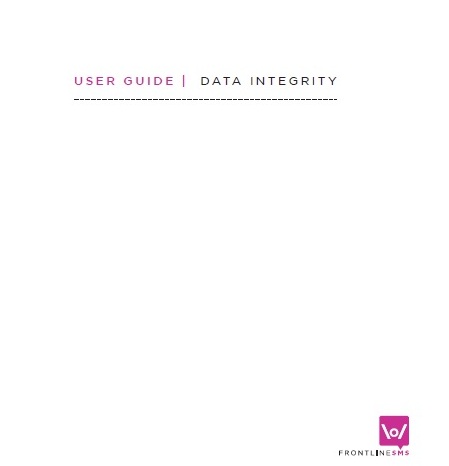 We were excited to join colleagues and friends in Washington, DC, on Tuesday 9th August to release the first edition of our
We were excited to join colleagues and friends in Washington, DC, on Tuesday 9th August to release the first edition of our 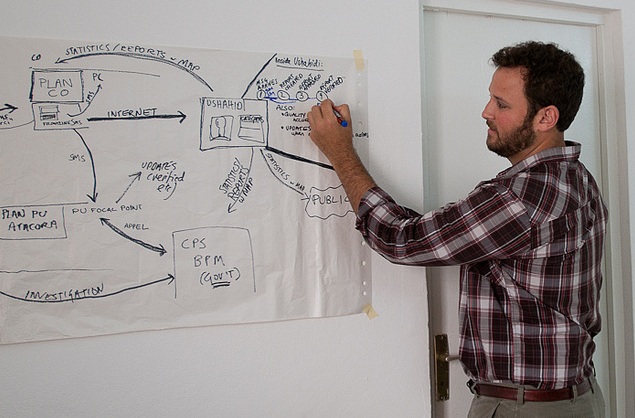
 FrontlineSMS is growing fast - we have more than quadrupled the size of our team in the past few years, and we now have staff based over three continents, with offices in the UK, US and Kenya.
Funding our work in new ways and providing new services to our users means getting better at tracking how much time we spend on things. We also have the happy problem of trying to stop our staff consistently staying up late and getting up early, and working weekends to get everything done - or at least trying to make sure we don’t all do it all the time.
FrontlineSMS is growing fast - we have more than quadrupled the size of our team in the past few years, and we now have staff based over three continents, with offices in the UK, US and Kenya.
Funding our work in new ways and providing new services to our users means getting better at tracking how much time we spend on things. We also have the happy problem of trying to stop our staff consistently staying up late and getting up early, and working weekends to get everything done - or at least trying to make sure we don’t all do it all the time.